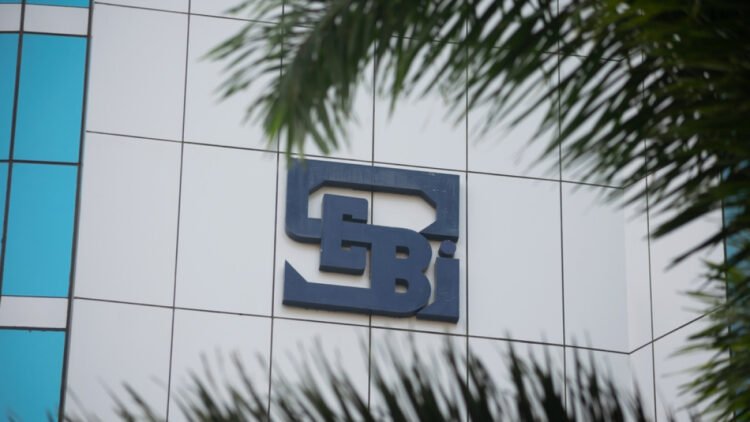MUMBAI (India CSR): In a bustling Mumbai office, corporate leaders and sustainability experts are buzzing with anticipation. India’s market regulator, the Securities and Exchange Board of India (SEBI), has announced a comprehensive review of its Environmental, Social, and Governance (ESG) disclosure requirements for listed companies, set to reshape how firms report their sustainability efforts. Spearheaded by SEBI’s new chairman, Tuhin Kanta Pandey, this initiative aims to strike a delicate balance between advancing India’s sustainability goals and addressing the practical challenges faced by businesses.
A Response to Industry Concerns
The decision to review ESG disclosures comes in response to feedback from Indian industries, particularly smaller firms, which have described the current requirements as burdensome. Since 2022, SEBI has mandated ESG reporting for the top 1,000 listed companies by market capitalization, covering metrics like carbon emissions, labor practices, and governance structures. In 2023, SEBI further required the top 250 firms to report sustainability metrics for 75% of their supply chain partners, with compliance deadlines initially set for 2025-26.
However, industry pushback led SEBI to ease some supply chain disclosure rules in May 2024 and extend the compliance deadline to 2026-27 in December 2024. “The disclosures must be accurate and measurable,” Pandey emphasized in a recent interview. “False or superficial reporting could undermine trust and create bigger issues.” The upcoming review, starting in May 2025, will focus on tailoring requirements to suit firms of varying sizes, potentially easing the burden on smaller companies while ensuring robust reporting from larger ones.
Global Context: Aligning with International Trends
India’s ESG review aligns with global shifts in sustainability reporting. In February 2025, the European Commission proposed exemptions for smaller businesses from stringent EU sustainability rules, acknowledging the disproportionate burden on smaller enterprises. Meanwhile, in the United States, recent policy changes under the Trump administration have scaled back ESG mandates, citing concerns over regulatory overreach. These international developments provide context for SEBI’s approach, as India seeks to remain competitive while advancing its sustainability agenda.
India’s ESG performance has faced scrutiny, with Moody’s Ratings placing the country in a high-risk category for environmental and social factors in 2024. Factors like air pollution, water scarcity, and labor rights challenges have contributed to this assessment. SEBI’s review aims to address these issues by fostering transparent, reliable disclosures that can improve India’s global ESG standing without stifling economic growth.
SEBI’s “Optimal Regulation” Approach
Under Pandey’s leadership, SEBI is adopting a principle of “optimal regulation,” which emphasizes precision over blanket mandates. “We need to be fine-tuned, not heavy-handed,” Pandey stated. This philosophy will guide the ESG review, as well as other regulatory areas like related-party transactions. The regulator plans to collaborate closely with industry stakeholders to build capacity for accurate sustainability measurement, ensuring firms have the tools and time needed to comply.
The review will also consider feedback from nearly 800 investors on SEBI’s recent proposals to manage risks in India’s derivatives market. These proposals, released in February 2025, sparked concerns about potential increases in trading costs and operational complexities. Pandey acknowledged the need for “guardrails” but expressed optimism about the continued growth of India’s derivatives market, which has seen significant activity in recent years.
What Lies Ahead for Indian Firms
As SEBI prepares to launch its review in May 2025, corporate India is bracing for change. Larger firms with established ESG frameworks may face refined requirements, while smaller companies could benefit from simplified rules. The regulator’s commitment to honest and measurable disclosures suggests a focus on quality over quantity, potentially enhancing the credibility of India’s ESG data.
For investors and sustainability advocates, the review represents a pivotal moment. By aligning regulations with industry capabilities and global trends, SEBI aims to position India as a leader in responsible business practices. As the world watches, the outcome of this review could set a precedent for how emerging economies balance economic growth with environmental and social stewardship.
(India CSR)






